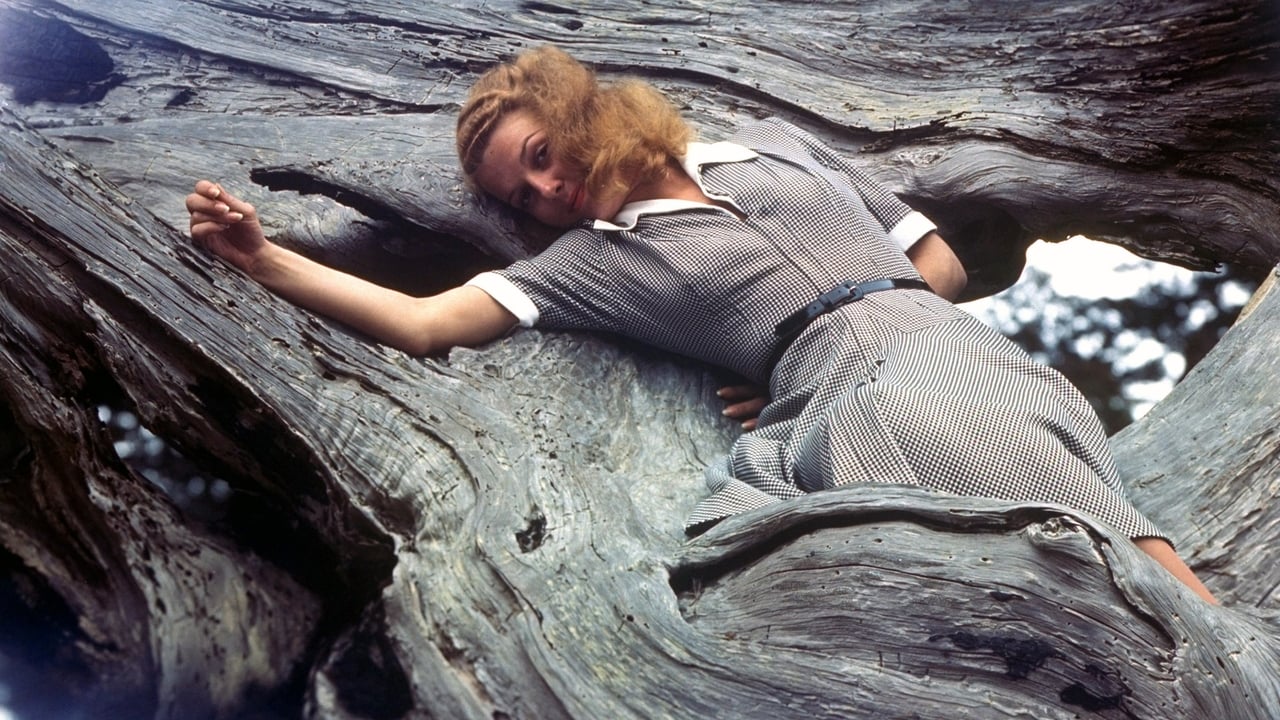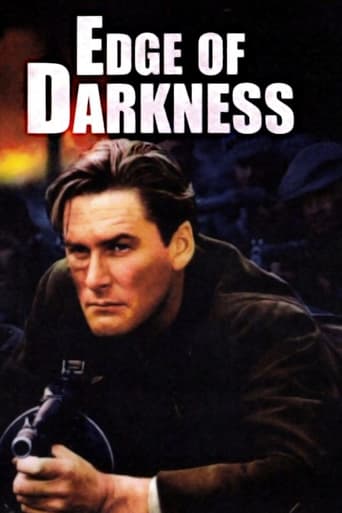

Tells a fascinating and unsettling true story, and does so well, without pretending to have all the answers.
... View MoreThe movie is made so realistic it has a lot of that WoW feeling at the right moments and never tooo over the top. the suspense is done so well and the emotion is felt. Very well put together with the music and all.
... View MoreBy the time the dramatic fireworks start popping off, each one feels earned.
... View MoreThis is a small, humorous movie in some ways, but it has a huge heart. What a nice experience.
... View MoreSo this film is heavy-handed; it is jingoistic, it is propaganda. So what. What really counts is that the acting is believable; the characters are believable. The story is believable; although it stretches the limits of believability. Flynn and Sheridan are good, as is Huston and several other solid supporting roles. There are some minor attempts to humanize one German soldier, but all the rest are demonized, as was the fashion of this era's filmmakers. Of course, we now know there are two sides to every story of war; as so well demonstrated by Eastwood's Letters From Iwo Jima. That side is not presented in this film, and is one of its weaknesses. Yes, the Nazis were evil, Hitler was evil, and occupying forces of Norway were evil. But several of the soldiers sent there by Germany were not evil; they were just soldiers doing their job.The oversimplification of portraying all German soldiers as evil no longer has any validity from the realities of real war. Several of them were evil; and several of them were just doing their duty. All of the townspeople, however, were good people, and did their best to resist the Germans. It is the Norwegians we should remember from this film; not the evil Germans.
... View More"Edge of Darkness" is a film built around the meaning of the word "quisling"--one who collaborates with the enemy--and the fact that the word comes from an infamous Norwegian. The story is about a Nazi-occupied Norwegian fishing village during WWII. Since Hollywood produced this film in 1943, it is not surprising that, like all films of the era, it succumbs to propaganda in place of authenticity.But this film goes completely overboard in its attempts to dramatize the philosophical differences between those who choose freedom versus those who seek to conquer. This is a film of caricatures. At times it has a noir style, but the leaden delivery of the dialogue sinks this film. If you read about the problems that plagued this production (see the trivia notes), you can understand how the performances might be compromised. Ruth Gordon, whose performance I enjoyed the most, said she hated the film.One major problem is the musical score, which is even more heavy-handed than the script. I have a feeling that the book might be a good read, but its translation to film is over the top. There are some well-written speeches that feel out of place in this corny rendition of wartime resistance. There are many films that do it better, particularly with regard to the French resistance. Or how about "Casablanca"?Much of the dialogue in this film is laughable, because it forces the characters to say things no one would ever say. "We are soldiers, soldiers of our Fuhrer. These are rebels. They must not win!" I really don't think audiences in 1943 had to be convinced that the Nazis were morally in the wrong. Yet films like this continued to beat them over the head with simplistic pleas that draw the Germans (and Japanese) as evil, sometimes even subhuman, people.I believe the story is meant to be about bravery and loyalty. It is somewhat successful at that, but the overall film sinks under the weight of its own overdone propaganda.
... View MoreThis is an uplifting film. Obviously it was meant to be and it is very good propaganda. In 1943 the Nazis were still far from beaten and this film shows the defiance of ordinary Norwegians against a brutal oppressor.Errol Flynn isn't somebody who many people would think of to play a Norwegian. However, I think he is very good as one. He provides his usual heroic performance, albeit more understated than normal, and shows the sort of determination that many people were showing in real life at the time to defeat the Nazis.The ending is good especially when the German captain played by Helmut Dantine shoots himself. I believe this was meant to portray the fact that a devout Nazi, as Dantine's character was, was so shocked that the Nazis could be defeated by anybody that he couldn't take it so had to commit suicide. This was meant to show that by fighting back against the Nazis they could crack.An undoubted propaganda film made at a time when the war was still not definitely decided I thought it was very good at getting the message across that there was at least light at the end of the tunnel in the fight to rid the world of Nazism.
... View MoreSuperb film. What more can I say?Between this film and "Desperate Journey," the year before, Flynn could have easily been made the king of World War 11 adventure films.Imagine having Ruth Gordon and Judith Anderson in the same film? No they're not Nazi sympathizers either.Anderson plays a woman embittered by the death of her husband, despite the fact that a German soldier in the town professes love for her. Gordon, plays the wife of Walter Huston, the town's respected doctor. They're the parents of Ann Sheridan who loves underground leader Flynn.Of course, the town I'm referring to is in occupied Norway. The film begins with the showing of the total destruction of the town and then backtracks to the events that led to the local uprising by the people.Charles Dingle, who was so good as Bette Davis's suspicious brother in "The Little Foxes," is equally good as a Nazi collaborator. (He's the brother of Ruth Gordon in the film.)A rewarding film of great magnitude.
... View More